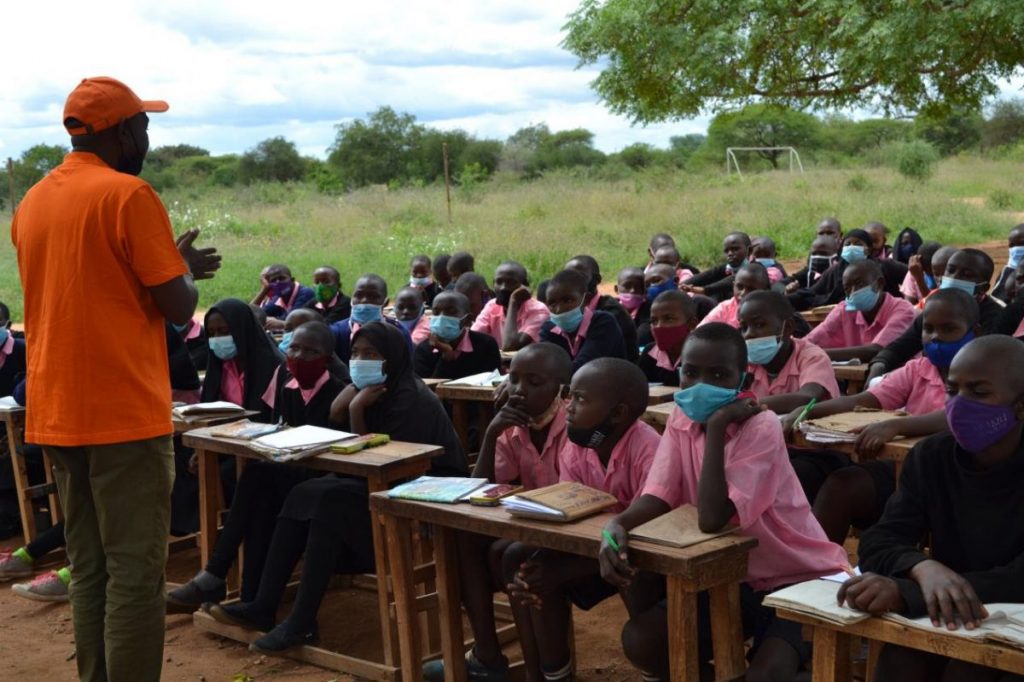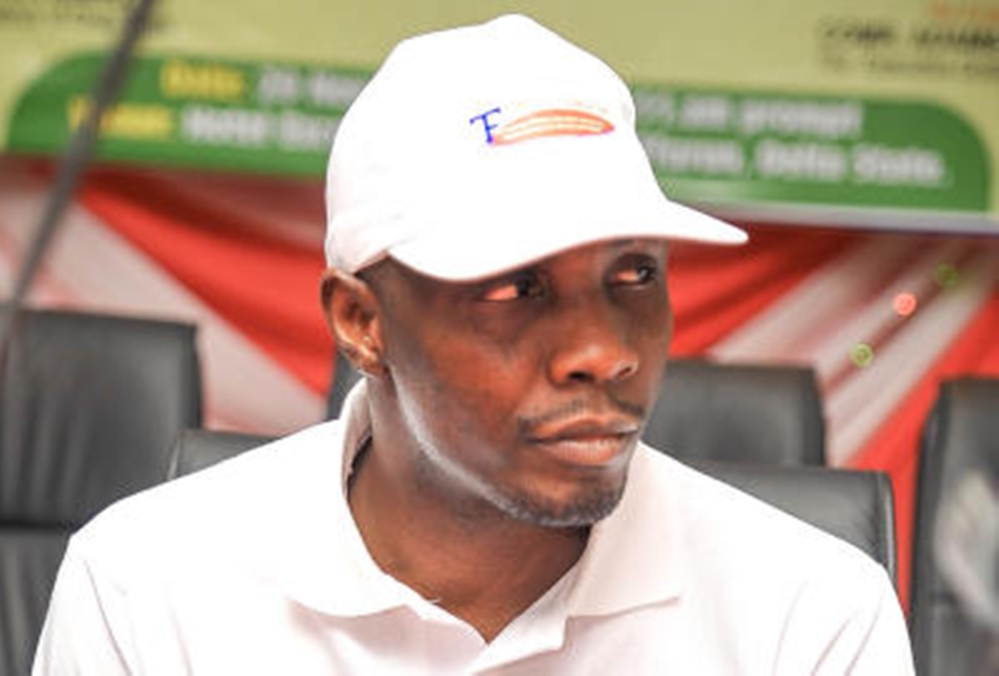
Nairobi, Kenya — Schoolchildren in Kenya are getting an education boost from University of Birmingham environmental scientists.
Birmingham experts are supporting Kenyan partners AfriSTEM Connection to help primary school pupils understand more about air pollution – combining theory and practical teaching in emerging technologies and STEM to stir interest in our environment and shared world.
The EPSRC-funded Digital Air Quality (DAQ) project under Birmingham’s Professor Francis Pope teamed up with Professor Michael Gatari, from the University of Nairobi, Professor Jacqueline McGlade, from Strathmore University, and Dr. Andriannah Mbandi, of AfriSTEM Connection in a pilot project to teach the children about air pollution and help to develop the engineers and technology experts of the future.
The Kenyan government aims to double manufacturing by 2030, creating increased economic activities and jobs, which will need skilled human resources and improved public health. Community support will also be needed to improve air quality levels in Kenya. The University of Birmingham is doing its part along with other named partners to spur change in having communities that build solutions for their local challenges.
However, understanding of how poor air quality can affect Kenya’s communities’ remains extremely low, whilst high illiteracy levels in underserved communities means that not enough children are following a STEM education path.
The team on the ground has been meeting many young enthusiasts who now have a better understanding of the key areas they can aim at in STEM. The volunteers also learned lessons in their first week in the field.
Eleanor says she has learned “we cannot do it alone” and Eng Jevinalys reminds us “no air, no life”, whilst tree planting expert Francis Kavisu has discovered new terms “particulate matter 10 is visible and particulate matter 2.5 is not, but both make our air dirty”. Japheth is happy to provide service to humanity and to God and is glad that the volunteers are learning as the schools learn.
Funded by the University’s Institute for Global Innovation, with support from DAQ, the project will help to develop a STEM curriculum in these communities – increasing education, awareness and knowledge of the environment and support outreach in the initial identified schools.
Working in eleven schools, the UK-Kenyan partnership is conducting outreach training supported by science teachers and the Head teachers in the pilot primary schools to develop materials, set up collaborations and create a mentorship network that can be rolled out to more schools in the future.
Josephine Mwikali, Co-Founder and Technical Lead at AfriSTEM Connection, commented: “Children are an underused community for air pollution improvements. Our project will help to produce future citizens literate in environment sustainability – equipped with skills which they can use to address real-world problems.”
Dr. Andriannah Mbandi, Founder and air quality expert at AfriSTEM Connection says: “I cannot be happier seeing the faces of the children as they learn, ask questions and panic about the state of air around them. It is what we envisioned and more – young environmentalists keen about their world.”
Kenya was a key player in drafting the 17 UN Sustainable Development Goals and is committed to deliver the goals’ requirements, but economic growth will benefit greatly from improved student skills in manufacturing, engineering, technology and communication industries.
At the same time, environment pollution is a growing challenge from polluting transport systems, uncontrolled burning of waste, industrial emissions and indoor activities.
Francis Pope, Professor of Atmospheric Science at the University of Birmingham commented: “UNICEF estimates nearly 600 million children in Africa breathe air that does not meet minimum World Health Organization limits. There is a skills and resources gap in STEM education in Africa, which hinders the continent’s ability to tackle environmental challenges such as pollution and climate change. We believe the AfriSTEM project provides a great start in addressing this imbalance.”



